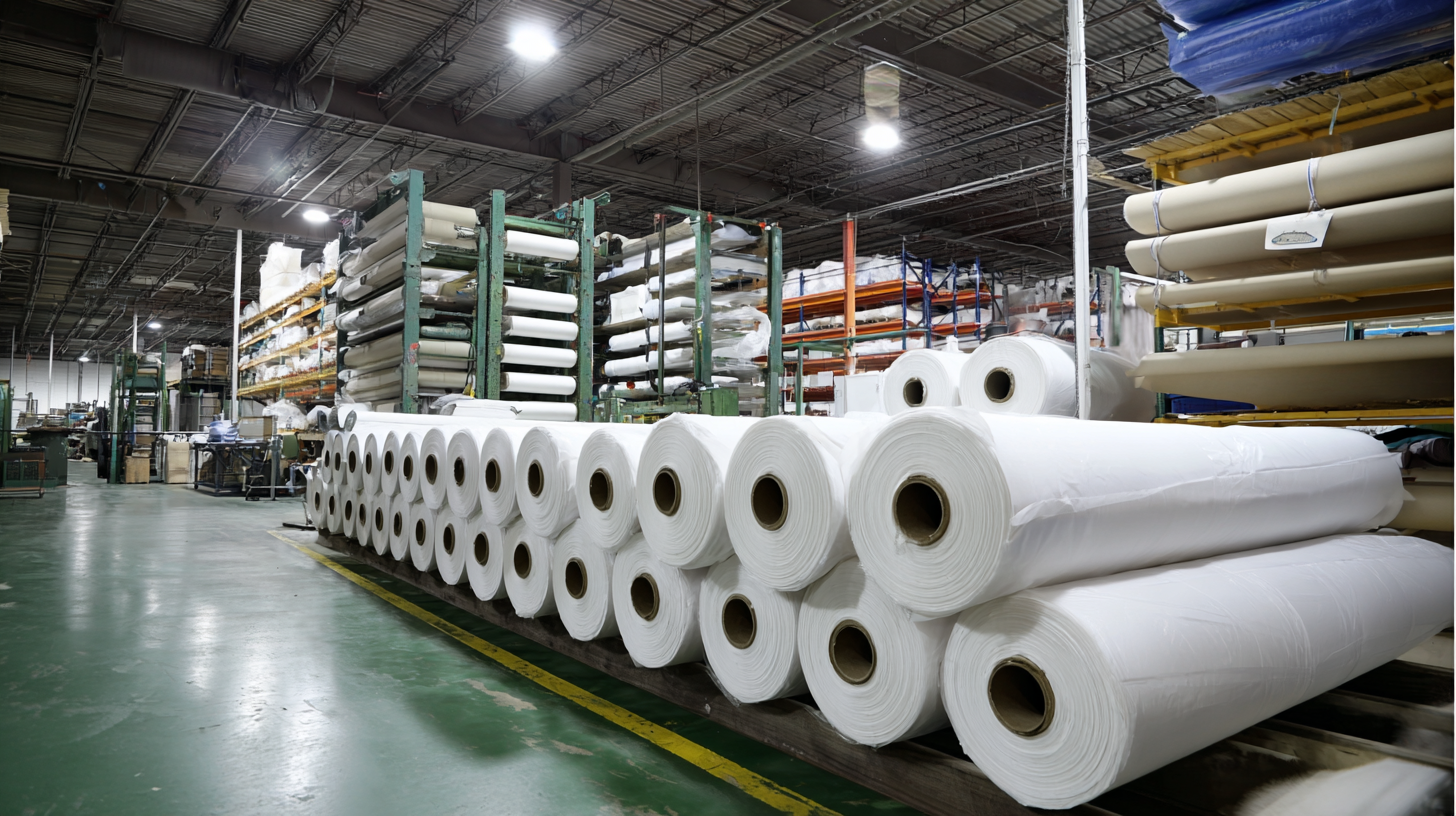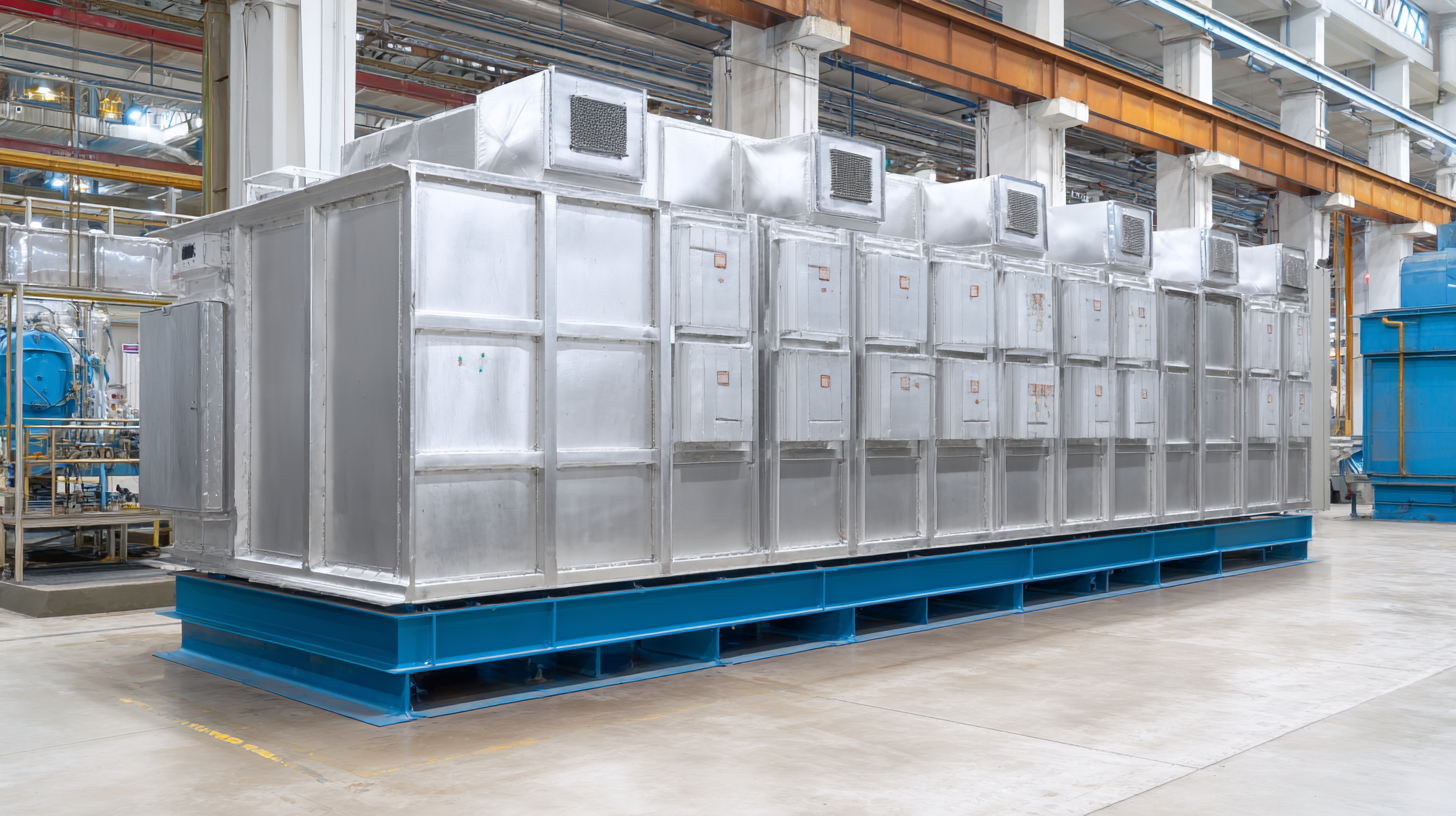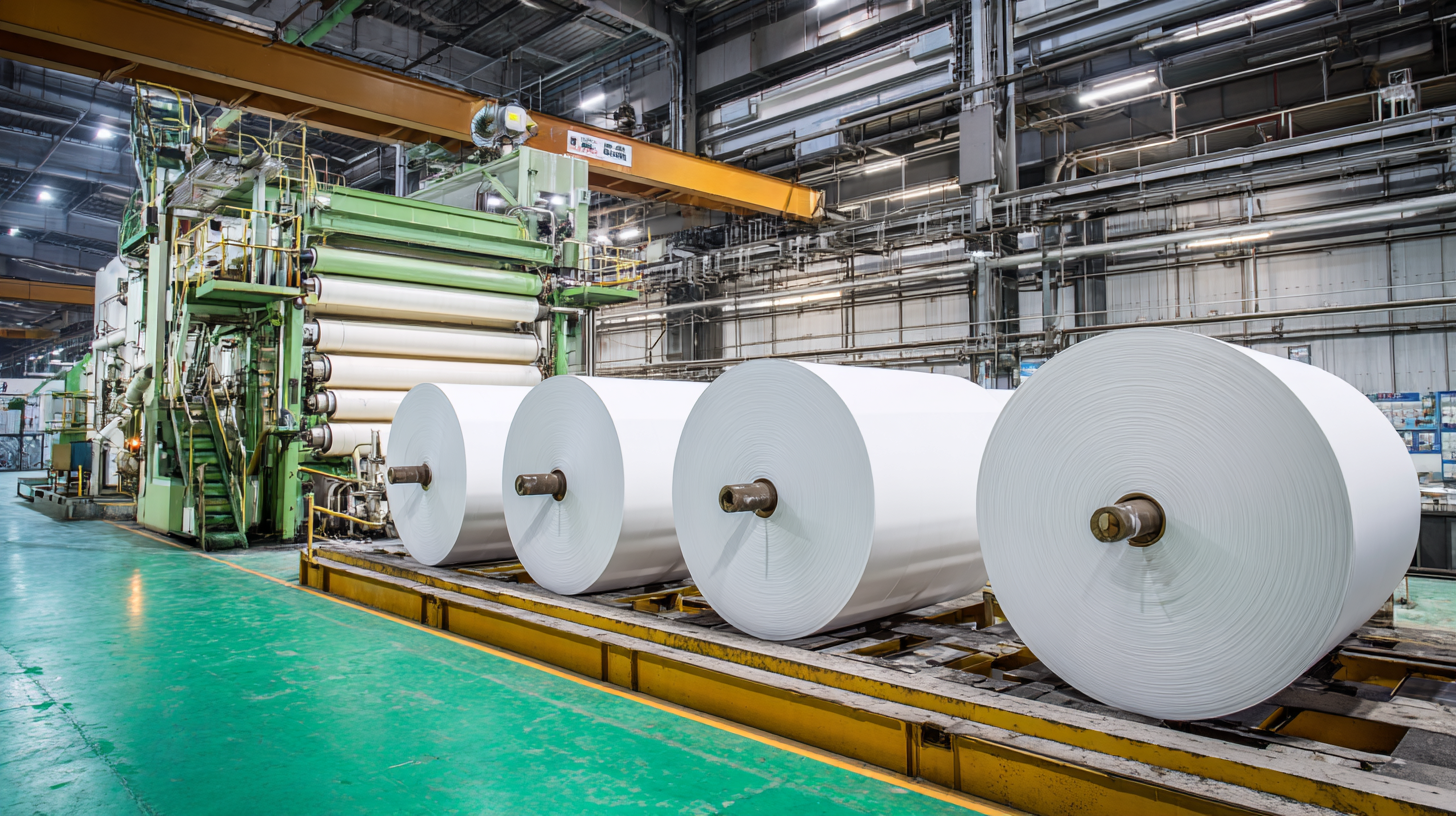Leave Your Message
In today's industrial environment, maintaining optimal indoor air quality is paramount, especially given that, according to the U.S. Environmental Protection Agency (EPA), indoor air can be up to five times more polluted than outdoor air.
Custom Industrial Hepa Filter Manufacturing plays a crucial role in mitigating airborne pollutants and ensuring compliance with stringent air quality standards.
 HEPA filters, known for their efficiency in trapping particulate matter as small as 0.3 microns, are essential in various sectors, including pharmaceuticals, food production, and electronics. A report from the World Health Organization (WHO) indicates that poor air quality contributes to various health issues, leading to increased healthcare costs and decreased productivity. By investing in tailored HEPA filter solutions, industries can significantly enhance the effectiveness of their air filtration systems, promote worker health, and adhere to regulatory demands.
The significance of Custom Industrial Hepa Filter Manufacturing cannot be overstated, as it is a vital component in safeguarding both human health and operational integrity.
HEPA filters, known for their efficiency in trapping particulate matter as small as 0.3 microns, are essential in various sectors, including pharmaceuticals, food production, and electronics. A report from the World Health Organization (WHO) indicates that poor air quality contributes to various health issues, leading to increased healthcare costs and decreased productivity. By investing in tailored HEPA filter solutions, industries can significantly enhance the effectiveness of their air filtration systems, promote worker health, and adhere to regulatory demands.
The significance of Custom Industrial Hepa Filter Manufacturing cannot be overstated, as it is a vital component in safeguarding both human health and operational integrity.
Custom HEPA filters play a crucial role in enhancing indoor air quality standards across various environments. Traditional HEPA filters may not always meet the specific requirements of different settings, such as hospitals, laboratories, and industrial facilities. Custom manufacturing allows for the creation of filters that cater to specific air quality needs, ensuring that harmful particles, allergens, and pathogens are effectively removed from the air.
The importance of tailored HEPA filters extends beyond just air purification; they also significantly contribute to the overall health and productivity of individuals in indoor spaces. By optimizing filtration systems, businesses and institutions can mitigate health risks associated with poor indoor air quality, such as respiratory issues and allergic reactions. This, in turn, fosters a healthier environment, enhances employee performance, and potentially reduces healthcare costs associated with air quality-related illnesses. Emphasizing the importance of custom HEPA filters is essential for maintaining high indoor air quality standards that align with the specific needs of different establishments.
| Filter Type | Efficiency (%) | Applications | Lifespan (Months) | Maintenance Schedule |
|---|---|---|---|---|
| HEPA H13 | 99.95 | Cleanrooms, Hospitals | 12 | Every 6 months |
| HEPA H14 | 99.995 | Pharmaceuticals, Microelectronics | 24 | Every 12 months |
| Activated Carbon Filter | N/A | Odor Removal, Gas Filtration | 6 | Every 3 months |
| Pre-Filter | 30-80 | HVAC Systems, Industrial Air Cleaners | 3 | Every month |
Airborne particulate matter (PM) poses significant health risks, with studies indicating that nearly 4.2 million premature deaths are attributed to outdoor air pollution annually. Specifically, fine particulate matter (PM2.5), which can penetrate deep into the lungs and even enter the bloodstream, is linked to respiratory diseases, cardiovascular problems, and other serious health issues. According to the World Health Organization, long-term exposure to PM2.5 can reduce life expectancy by an average of 1.5 years, highlighting the critical need for effective air filtration solutions.

Custom industrial HEPA filters play a crucial role in mitigating the impact of airborne particles. These filters can capture at least 99.97% of particles as small as 0.3 microns, providing a necessary defense against harmful pollutants. Industries that implement these filters not only enhance the indoor air quality but also comply with stricter health regulations and improve employee well-being. It is reported that using high-efficiency filters can decrease overall healthcare costs by reducing the incidence of illness related to poor air quality.
Tips: Regularly maintain and replace your HEPA filters to ensure optimal performance. Consider conducting an indoor air quality assessment to identify specific contaminants in your environment. Additionally, educate your workforce about the importance of air quality and the benefits of using custom filtration systems to promote a healthier workplace.
Custom filtration solutions play a pivotal role in enhancing indoor air quality across various industrial applications. As industries evolve, the demand for specialized filtration systems, such as custom industrial HEPA filters, has increased significantly. These filters are designed to meet specific operational requirements, ensuring the removal of airborne contaminants effectively. By tailoring filtration systems to the unique needs of each environment, industries can not only comply with regulatory standards but also create healthier workspaces for their employees.
The global water filtration systems market, projected to reach USD 35.18 billion by 2034, highlights the growing recognition of effective filtration solutions across different sectors. At a compound annual growth rate (CAGR) of 9.61%, this market reflects a strong trend toward customization in filtration technologies. Various industries are adopting tailored solutions to address specific challenges such as particulate matter, chemical pollutants, and microbial contamination. Consequently, custom filtration options are becoming integral to maintaining optimal air and water quality, ensuring that businesses operate efficiently while safeguarding the health of their workforce and clientele.
When it comes to maintaining optimal indoor air quality, the efficacy of HEPA filters plays a crucial role. Standard HEPA filters are designed to capture 99.97% of airborne particles that are 0.3 microns in diameter, which includes most dust, pollen, and pet dander. However, recent studies have shown that custom HEPA filters, tailored to specific environments, provide significantly improved performance. For instance, a report from the American Society of Heating, Refrigerating and Air-Conditioning Engineers (ASHRAE) indicates that custom filters can reduce particulate matter levels by up to 50% more than standard options in industrial settings, thanks to their bespoke design and material specifications.

Furthermore, custom HEPA filters can account for factors such as airflow rates and specific contaminants prevalent in a given environment. A recent industry analysis highlighted that facilities operating in highly polluted areas experienced a marked improvement in air quality when employing custom filters—measuring reductions in particulate matter by over 60%, compared to traditional solutions. This data underscores the importance of adopting a tailored approach to air filtration, particularly in environments where air quality is paramount to health and safety.
The demand for tailored filtration solutions is rising in response to increasingly stringent indoor air quality regulations. These regulations, driven by an enhanced understanding of the health impacts associated with poor air quality, necessitate advanced filtration systems that can efficiently capture airborne pollutants, allergens, and pathogens. Custom industrial HEPA filters are gaining prominence as they can be specifically designed to meet the unique requirements of various environments, such as hospitals, laboratories, and manufacturing facilities. By adhering to regulatory standards, these filters not only ensure compliance but also contribute to a healthier indoor atmosphere.
As industries adapt to these changing regulations, the emphasis on bespoke filtration solutions is more critical than ever. Manufacturers are exploring innovative materials and designs to optimize filter performance while minimizing energy consumption. This shift is indicative of a larger trend towards sustainable practices in air quality management. Tailored HEPA filters enable facilities to maintain optimal air standards, reduce maintenance costs, and extend equipment lifespan. Consequently, the evolution of indoor air quality regulations is shaping the landscape of custom filtration manufacturing, driving the need for solutions that are not only effective but also environmentally responsible.
